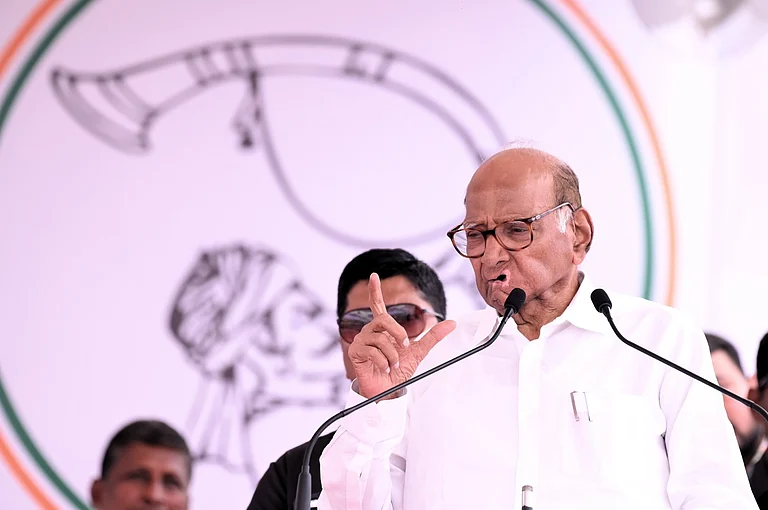This is a sort of picture book with a generous helping of photographs and an assortment of items like letters, critical opinions, excerpts from interviews etc. The main body of the book, however, is composed of essays or chapters drawn from Ismat's autobiography Kaghazi Hai Pairahan and other non-fiction, alongside articles on her personality and work by leading contemporary writers and friends: Saadat Hasan Manto, Pitrus Bukhari, Krishan Chander, Faiz Ahmed Faiz, Qurratulain Hyder, Varis Alavi and Wazir Agha. Reminiscences by M. Hasan Askari, Padma Sachdev and Salma Siddiqui among others, a conversation between one of the editors of this book, Sukrita Paul Kumar and Gopi Chand Narang on Ismat's work and an end-essay on the development of the Urdu short story by Joginder Paul. There are some pages on Ismat's films, fragments from personal correspondence and jottings. In all, a dazzling if haphazard array of goodies. There's even a complicated, perhaps unnecessary, genealogy that attempts to trace Ismat's ancestry as far back as the 12th century. A bibliography might have been handier instead.
The autobiographical section has some characteristic and telling pieces like 'In the name of those married women', an amusing account of the court case ('Ismat Chughtai vs the Crown') against Ismat when her story Lihaaf was accused of obscenity. It's engaging to notice how much of her irrepressible personality Ismat has poured into her autobiography. Dozakhi or 'Destined for hell', written after the death of the brother she was closest to, Azeem Beg Chughtai, is a brilliantly oblique exposition of sibling emotion, a tombstone to a bitter, intensely felt love that brought about a storm in the contemporary literary world.
Then there's Ismat's essay 'On Radha and Krishna' that turns the traditional interpretation of the myth upside down: "No other tradition has drawn attention to the woman as lover and man as the beloved." 'Pompom Darling' is essentially a raving against the Zoofies, Shoshos, Fifis and Ninis of Qurratulain Haider's world; its acerbity a little suspect. Apart from Ismat's own ranting, there're scholarly grumblings by Pitrus and Faiz on Ismat's writing.
A puzzling oversight is the prominent absence of even a single piece of fiction by this loquacious writer who has to her credit more than a hundred short stories apart from novels, novellas, plays, radio dramas, sketches and film scripts. To repeatedly mention Lihaaf that "reveals more than it conceals" and then not present the story seems like an act of deliberate concealment. Surely, a chapter from Tehri Lakeer and a couple of stories would've done no harm.
Then there are some totally avoidable editorial errors, including page 112 being left dangling in mid-air, the last sentence unfinished. But the merits of the book are not hard to spot though. In a country of many languages, it's quite easy and often completely acceptable to get through one's reading years without having a clue about literatures in languages other than one's own. And given the paucity of translations within various Indian languages, Katha's work must be applauded. Ismat: Her Life, Her Times is a welcome oasis in the desert.


























